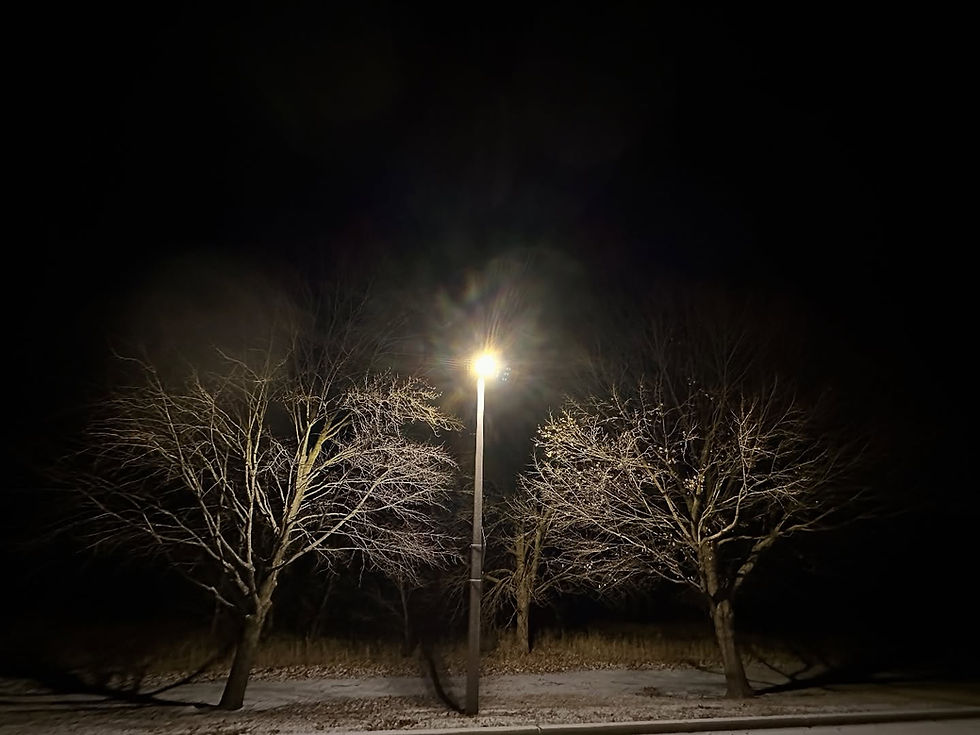TLC Blog – This is How to Win
- Neal Hagberg

- Nov 12, 2023
- 3 min read
I showed up at my first ever tennis tournament (other than the local Fiesta Days small town tournament where I grew up playing on asphalt courts and was perennial champion in our approximately three-person draw). I was 14. I had only been playing tennis for two year, but I was spending six hours a day on the courtss. I showed up in cut-off jean shorts and a t shirt. I did not know what tennis fashion was for “real” tournaments. (My spouse would argue, I still don’t know what any fashion is, and she would have a fair point).
I was nervous. I was playing the #1 seed in the draw of 64, which didn’t s
eem like a fair thing to do to a small-town kid in cut-off jeans.
I had one racket with no case. I sat on the hillside and waited for my opponent. He was a year older than I was. He was a legend whose fame had at least spread to my tennis world. He didn’t show up at the appointed time. Five minutes late. Ten minutes late. At fifteen minutes you are automatically defaulted, but I was relegated to some back courts to be dispatched quickly by the star of the show as a bump in the road, so no official paid attention, even though I went and asked.
Twenty minutes. Why weren’t tournament officials defaulting him? Oh, that’s because I was me and he was he. It seemed unfair.
At 21 minutes he strolled to the court and took one of his three rackets out of his bag (What do you need three rackets for??? We’re not playing the US Open, you know. I don’t think he knew…) and started for his end of the court. No apology. I wanted to say, “You’re a jerk,” or “You’re defaulted, I know one rule, anyway”, or “Why are you wearing Izod and not cut-offs?”
But all I said was “Hi, I’m Neal.” He grunted a greeting, his name, and made brief eye contact (a victory!). Then we warmed up. I was so mad and unsettled by his lateness, his lack of apology, his disinterest, that I was determined to beat him, and everyone would say, “Who’s the kid in the cut-offs?”
I was fierce, getting to every ball. He barely acknowledged me at any point in the match. We were on serve at 4-4 in the first set when I thought, “Oh, my gosh, I actually have a chance!” At which point he apparently began to take interest in this weird-dressed dude with one racket from Hicksville. And rolled off the next eight games in a row. 6-4 6-0. I remember he seemed disinterested in me to the end. I’ve never felt that way on a tennis court before or since. And I never want anyone else to feel that way, either, if I can help it.
Which is why a conversation I overheard at the Minnesota High School Girls State Tournament last month made such an impact on me. One of our TLC campers was one of the better players and had just dispatched her opponent in quick fashion 6-3 6-0. It brought me back to the moment I was 14 in my first big tournament.
Our camper’s opponent sought her out a half hour after the match was over and said, “You are so nice. That was the most fun I have had playing tennis all year. Thank you.” The TLC campe
r said, “That was so much fun for me, too. I loved playing against you, too! Thank you!” And they visited like old friends. I was lucky enough to have been close enough to hear this exchange lost in the commotion of the tournament. But it wasn’t lost on me.
I sometimes wonder how my tournament, and even life, might have been different, had my opponent treated me with this type of kindness and respect. Thanks to all the TLCers I get to work with, I now get to see it all the time, and it never fails to move me.
Never forget, it is not how you lose that always matters the most. Sometimes it’s how you win.




